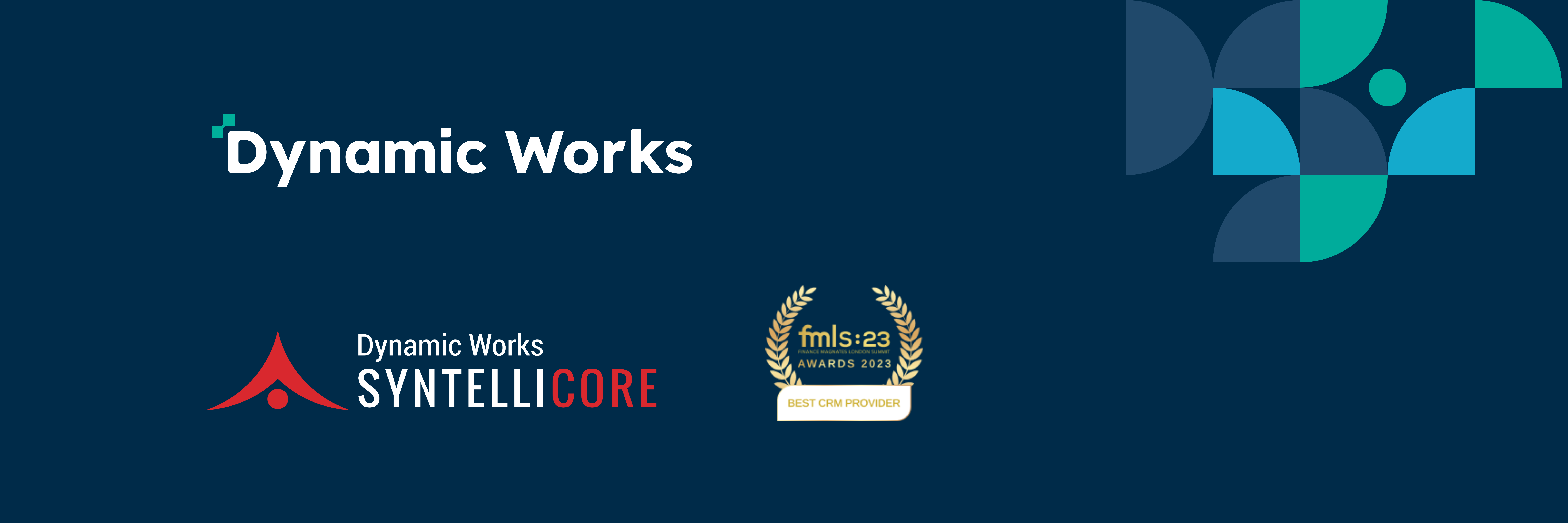The world of business and entrepreneurship, robust companies and innovative corporate culture is defined by people. CEOs, founders, leaders as well as each individual team member have a crucial role to play in the way business is shaped, diversified and scaled; Cyprus, as a service-based economy, is defined by its skilled human resource and strong regulatory system which enables business to run without interruptions. What are the soft skills necessary for the development of the sector and how do we ensure a corporate culture that outlasts challenges? WE explore with Philippos Aristotelous, award-winning legal business strategist, author, trainer and speaker, who shares valuable insights.

1. Soft skills are the new hard skills. How important is it for entrepreneurs and leaders to develop such skills? What, in your opinion, are the skills of the future needed to be a game changer?
As esoteric as it may sound, in my opinion self-awareness is the first and most critical soft skill everyone should aim at developing for a more fulfilling, productive and meaningful life.
– Why do I think the way I do? What captures my attention?
– What motivates me in life? What do I truly value? What infuriates me and why?
Self-awareness is the fundamental building block of self-knowledge.
Self-leadership comes next. In fact, self-awareness and self-leadership are two sides of the same coin.
A self-leader need not necessarily become a leader; a leader however should definitely aim at becoming a better self-leader; for if they are unable or unwilling to truly understand, manage and lead themselves, they cannot realistically expect to truly understand, manage and effectively lead others.
Finally, developing a healthy self-image is a skill that is often underestimated; yet it is the most critical factor that can help someone truly transform into his or her higher possible self.
The quality of our self-image is commensurate to the degree of responsibility we voluntarily choose to undertake in terms of self-discipline, self-care and care for others, courage, loyalty, reliability and ethical integrity.
A healthy self-image will, in turn, help us build a more positively influential and confident image.
2. The legal profession is fast changing. How should individual lawyers position themselves to excel in an industry which has traditionally valued sameness?
The antidote to failure for lawyers is neither superficial differentiation nor purposeless novelty. Rather, individual lawyers should aim at becoming more courageous and willing to try and test themselves in new contexts, jump into new challenges and explore new horizons (whatever these maybe) knowing that they can never be perfectly prepared before trying something new. All lawyers who are often called to confront the unknown on a daily basis are impostors; the sooner they realise this the faster they will be able to get rid of unnecessary anxiety and limiting beliefs such as the impostor syndrome and begin to truly expand, flourish and grow.
In that context, lawyers also surely stand to benefit by getting rid of certain old-fashioned preconceptions concerning legal sales, legal marketing and the role of lawyers in the society.
Yes, a lawyer is a servant of justice and not a sleazy salesman and lawyers are bound by professional etiquette rules. That being said, in the age of the internet, with an innumerable number of lawyers choosing to set-up shop every day on a global level due to the relatively low barriers to entry offered by the gig economy, expecting that a lawyer will “make it” without engaging in any form of marketing, publicity or business development initiative is an approach that at best seems extremely naive and at worse it is something that could prove catastrophic.
3. How do we build corporate cultures circa 2022? The work context is changing: remote working, digital nomads…how do we ensure a close-knit team nowadays when everyone seems to be on the go?
In my view, the same fundamentals apply whether we are dealing with a hybrid, remote or normal working model. From there on, the main differences are often found in the technical support, the logistics and generally the tools and technologies to be made available and used to apply the fundamentals.
I proposed my very own model for building healthy corporate cultures in future organisations in my last two books (https://philarist.com) namely “The MARVEL Of Engagement: Turning Passive Employees into Active Ambassadors” and “The MARVEL of Happiness: Principles, Stories and Lessons on Living Fully.”
My model is called MARVEL(R) and is a system that applies on a personal as well as a corporate level. MARVEL is an acronym that stands for the six components that are significant to apply in a corporate culture. MARVEL stands for Meaning; Autonomy; Relatedness; Values; Experience; and Learning.
What these terms correspond to are briefly explained below:
M-eaning: In today’s day and age, a company’s vision, values and expectations should be clearly communicated throughout all organisational sub-strata using relatable, compelling and engaging language while avoiding technical jargon.
A-utonomy: Encouraging employees to demonstrate true agency and to take up real individual responsibility by becoming fully accountable as owners of their work and efforts.
The opposite of autonomy is micromanagement – the killer of motivation and cause of much anxiety and low morale in today’s corporate cultures.
R-elatedness: Developing, encouraging and promoting the deepening of camaraderie, social bonds and team work in all levels of the organisation; both vertically i.e on a team level as well as horizontally between peers and collaboratively between employees and managers of different teams and departments.
A low quality of interpersonal relationships will inevitably erode the quality of collaboration with the inevitable consequence of negatively impacting customer service and the quality of output.
V-alues: Clearly articulating and communicating the values of the organisation and pursuing as well as aiming for recruitments, appraisals and alignments with the aim of matching and acting out those values to the best extent possible by everyone in the organisation as ambassadors and agents embodying the same values.
E-xperience & L-earning:
A culture that aims for highly engaged and productive employees inevitably involves goals, targets and KPIs that keep people meaningfully stimulated and motivated.

4. The services sector in Cyprus is the power engine of the economy. What is your forecast for the next years and how should it position itself to be truly competitive at the global level?
The traditional professional services sector in Cyprus has been in decline over the past years primarily due do international legal and political developments rendering it more and more difficult (and less and less economically meaningful) to set up and Cyprus intermediary corporate vehicles for the structuring or channeling of international investments into and from other countries.
That being said, the small size of the Cyprus economy endows us with relative speed in placing our finger on new trends and in coming up with new or updated legal, tax, financial and other “products”. The well established and organised professional services community has a strong voice that can positively influence pertinent legislative initiatives aiming to introduce new legal instruments and fiscal incentives that can Cyprus modernise and align itself with new trends including in respect of the rapidly developing high-tech sector.
Some of the solid themes that I expect to be playing strongly in the next years to come revolve around the realms of technology, digital transformation, Green / ESG investing, ESG funds, blockchain and fintech. All these fields are supported by a web of professional services including corporate, financial, banking, immigration law, real estate and others. Surely the key challenge for all ambitious players who wish to be part of the future will be to keep one foot firmly planted in traditional service lines (that can help one keep their firm active and alive) and the other foot firmly planted in innovation, change and adventure.

Philippos is an award-winning legal business strategist, author, trainer and speaker. During his fifteen-year legal career, Philippos accumulated substantial experience in practice management; his work was featured in Bloomberg, Thomson Reuters, Law Business Research and elsewhere. He helps organisations prepare for the future of work and advises law firms in the fields of human capital development and organisational agility.


